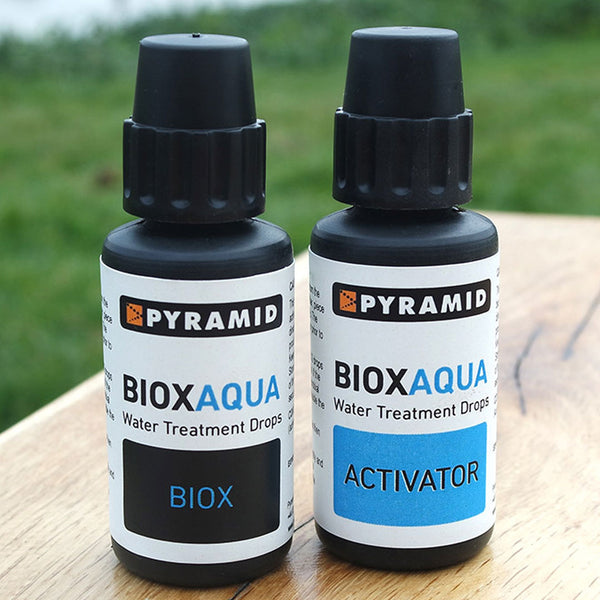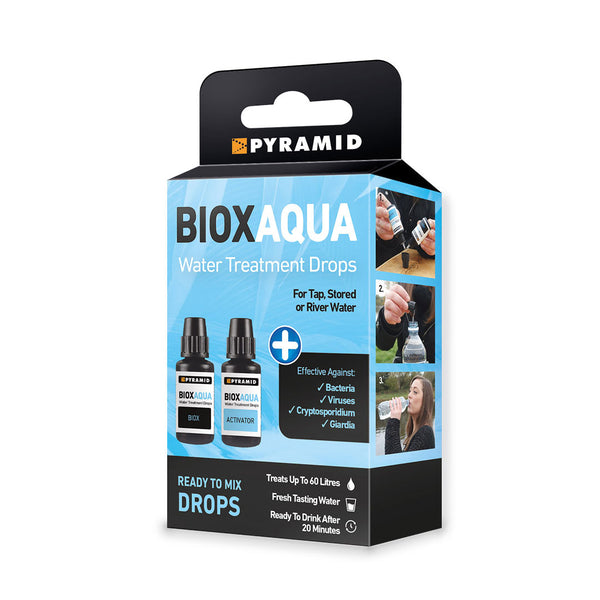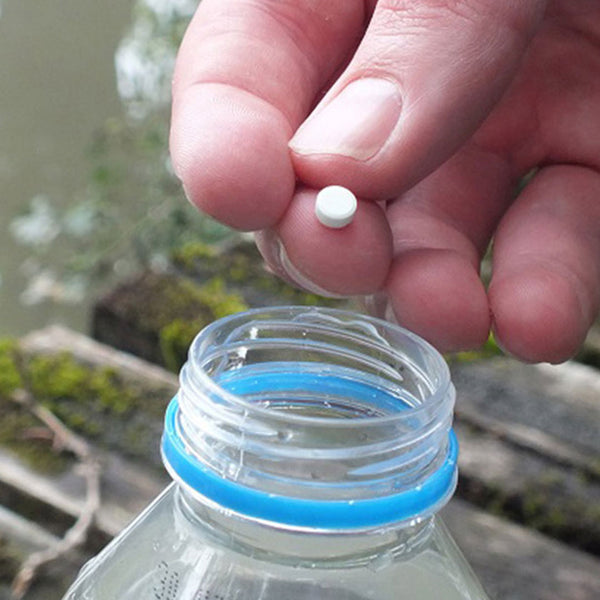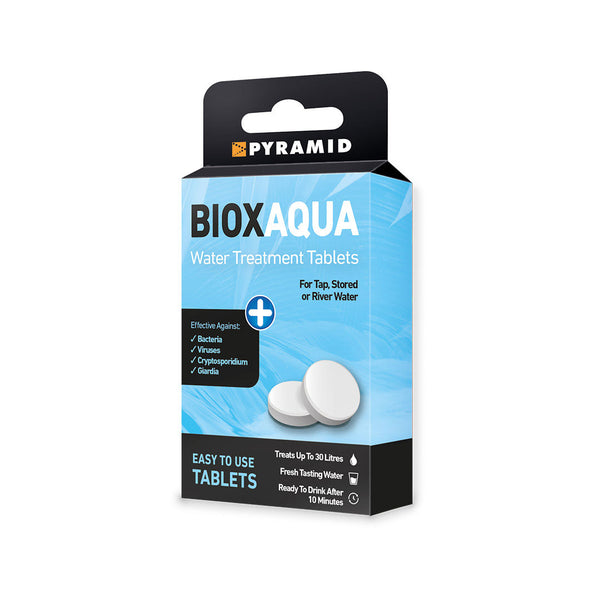Chemical Purification
Chemical purification is an essential method for disinfecting water in remote areas and during outdoor activities such as backpacking and hiking. It involves the use of chemical agents to kill or inactivate harmful microorganisms, including bacteria, viruses, and protozoa, making water safe to drink. Common chemical disinfectants include chlorine-based compounds, iodine, and chlorine dioxide. These chemicals are typically available in the form of tablets, drops, or powders and are effective against a wide range of pathogens. The process involves adding the appropriate amount of chemical to the water and allowing it to sit for a specified period, usually between 30 minutes to 4 hours, depending on the water temperature and clarity. Chemical purification is convenient and portable, making it an excellent option for treating water on the go. However, it is essential to follow the manufacturer's instructions carefully to ensure effectiveness and avoid potential health risks associated with overuse. While chemical purification is highly effective, it is important to note that it may not remove chemical pollutants or heavy metals, so combining it with other purification methods, such as water filters, can provide additional protection.














